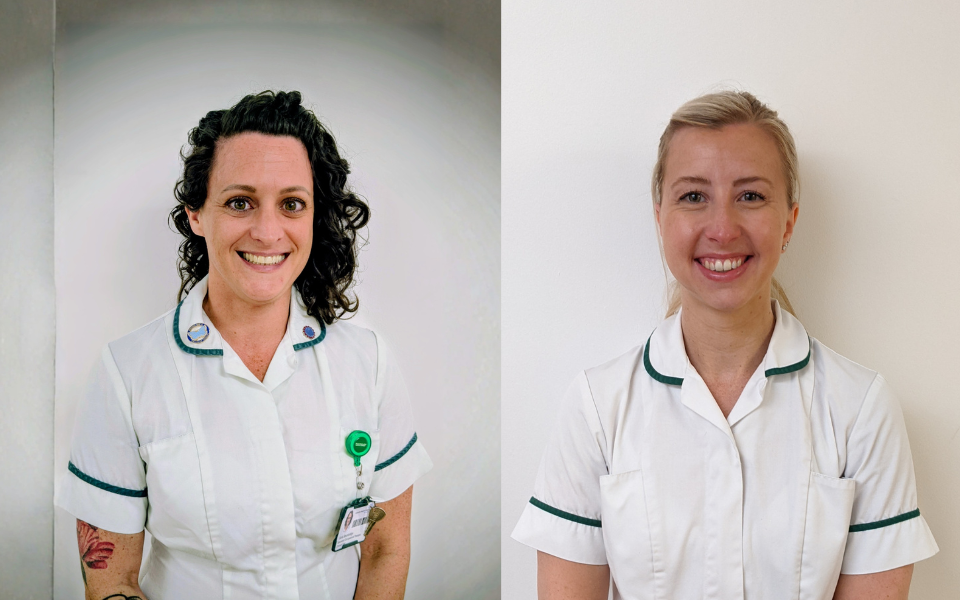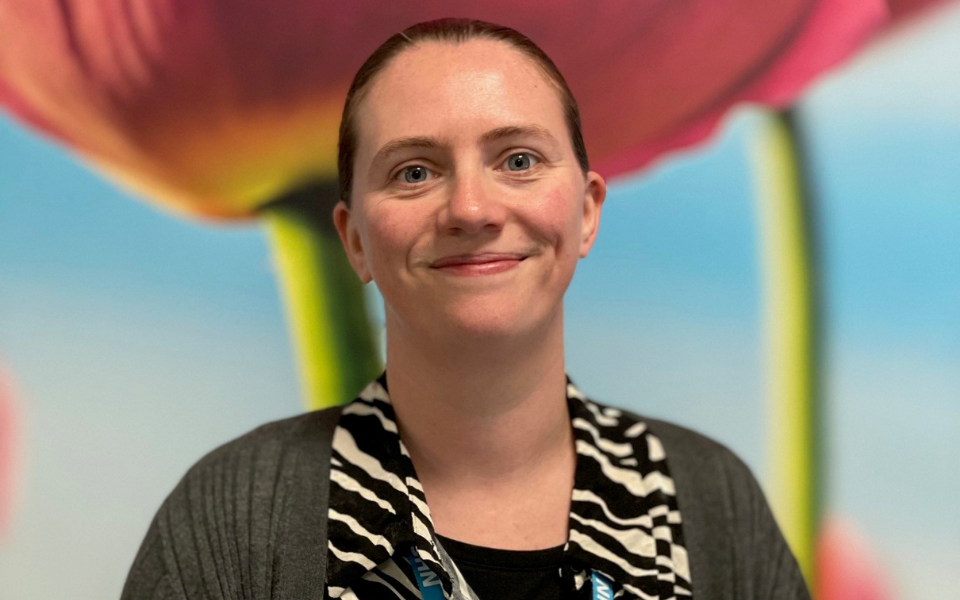
Healthcare science
The Power of Physics in Medicine: Meet Xanthe, Clinical Scientist
Meet Xanthe, a dedicated clinical scientist who has successfully navigated a rewarding career path in medical physics. Discover more about her journey and her tips for career advancement and professional development.
Can you tell us about your educational background? How did you become a Clinical Scientist?
I obtained an MPhys in Physics from The University of Sheffield, following which I completed a PhD in Particle Physics at The University of Edinburgh. As I was approaching the end of my PhD I knew that staying in academia didn’t appeal to me, partly because due to the expectation to change jobs/locations frequently while working on temporary contracts and partly because I wanted to be doing something with more immediate impact.
I didn’t really know much about Medical Physics at this stage but after attending some open days and speaking to university friends who were already working in the field, I came to realise it offered the balance of scientific, technical, practical and impactful work I was looking, with the bonus of great job stability and work/life balance.
In what ways does your role directly contribute to patient care?
Medical Physics is a great career option for people who have a background in physics because it allows you to make a positive impact on patient’s lives, whilst still making use of physics knowledge and skills. We carry out a huge variety of work all aimed towards making sure that radiation can be used safely and effectively in medical settings, for the benefit of patients but also staff and the public.
We don’t work directly with patients but instead do a lot of ‘behind the scenes’ work which impacts many people, whether they realise we are here or not! Medical Physics at UHS is divided into Radiotherapy Physics, Nuclear Medicine Physics, MRI Physics, and Radiation Protection. My work in the Radiation Protection team includes testing of diagnostic imaging equipment, risk assessments, shielding requirements specifications, safety audits, calculating and reviewing patient doses, teaching/training, and much more.
How would you describe the work-life balance at UHS?
My work life balance is excellent. I have the option to work up to 2 days from home if I want to, and on the rare occasions where I might need to complete some work outside my core hours, I am able to take this time back flexibly with the agreement of my manager.
Are there opportunities for career progression within Medical Physics at UHS? What might the next steps in your career look like?
There are many opportunities for career progression within medical physics. Specifically within my specialism of Radiation Protection I could go on to build a portfolio that would allow me to become certificated as a Medical Physics Expert, Radiation Protection Advisor, Radioactive Waste Advisor, or Laser Protection Advisor. I’m not sure yet which I’ll choose but I know my team will be supportive of me when I take the next step.
Can you give an example of a multidisciplinary project or situation where collaboration played a key role in solving a patient’s problem?
I have been involved in a number of projects since starting work at UHS where the aim has been to improve image quality and/or reduce patient dose for diagnostic imaging examinations which use ionising radiation (such as X-ray/CT). These projects are really important for patient outcomes as this is how we ensure that sufficient quality imagery can be obtained to enable patient diagnoses, whilst also reducing the potential harm to the patient from the amount of radiation used. During these projects we work closely with radiographers and radiologists who’s clinical expertise is essentially to make sure that the solutions we come up with work not just in theory but also in practice.
For students or professionals looking to transition into this field, what would be your top tips for getting started?
Definitely attend an Scientist Training Programme open day or work experience day if you get the chance to, or arrange visit a departments to talk to people working in the specialism you’re interested in. There is a wide variety of Clinical Science specialties, and several within Medical Physics, and this will give you a much better idea of what each role involves.
Related Blogs
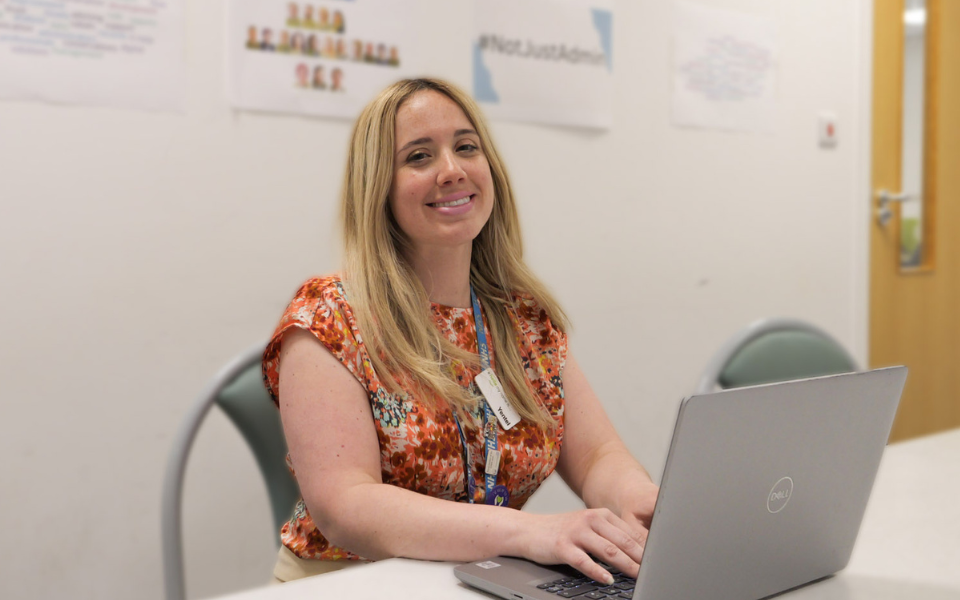
From Sports Coach to NHS Innovator: How Yentel Found Purpose at UHS
More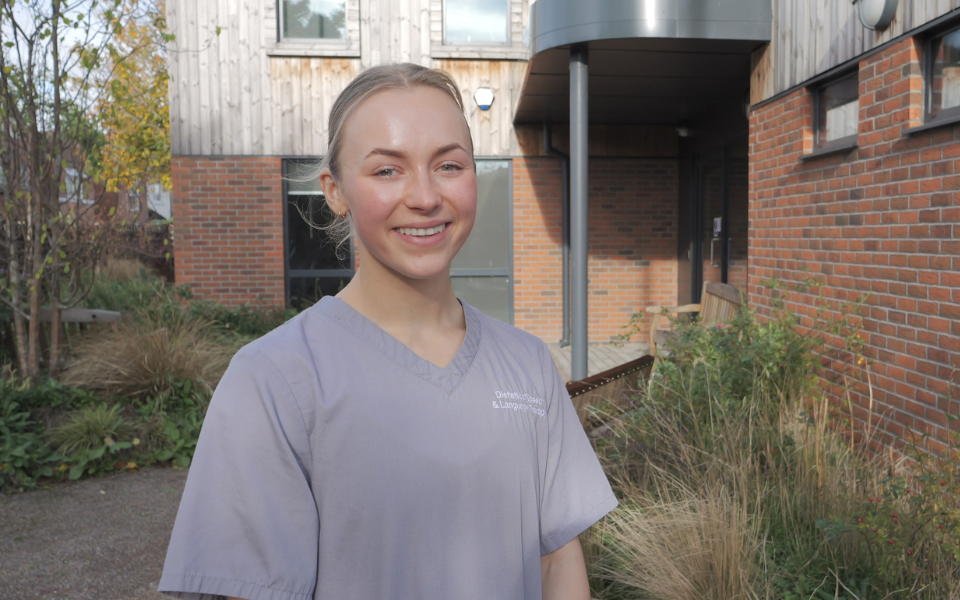
Supporting Newly Qualified Professionals: The Impact of Preceptorship at UHS – Goda’s Story
More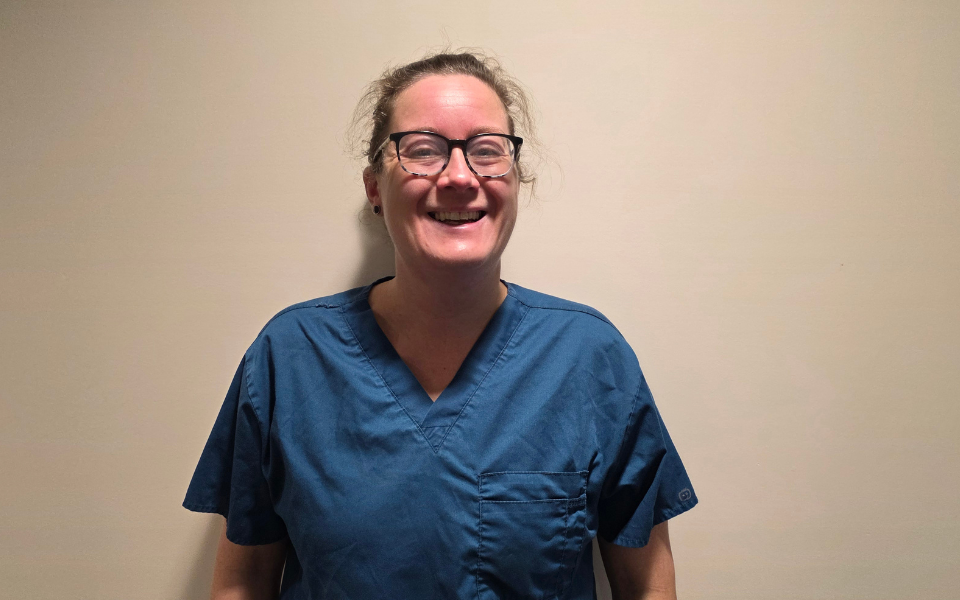
From Childhood Dream to NHS Specialist: Lizzi’s Journey in Pharmacy
More